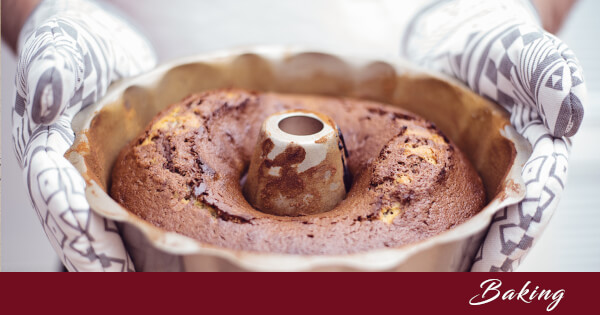Continuing my unexpectedly long Honey “Did You Know?” (DYK), here are some interesting food and cooking facts.
Cooking and Eating Honey
DYK honey is the only food that will not spoil and does not need refrigeration as long as it is in a sealed container?
DYK honey can be 25% – 50% sweeter than cane sugar?
DYK honey is fat-free, trans-fat-free, cholesterol-free, and sodium-free? It’s a great alternative to sugar and has a glycemic index lower than sugar. It has antimicrobial, antifungal, and antioxidant properties, and it’s also a great source of natural carbohydrates.
DYK honey is sold by weight, not liquid volume? This means 12 ounces of honey yields 1 cup.
DYK honey can be substituted equally for sugar up to one cup? (If the recipe calls for more than one cup of sugar, replace each additional cup of sugar with only 2/3 to 3/4 cup of honey.)
DYK when cooking with honey you should reduce the cooking temperature by 25 degrees to prevent over-browning?
DYK you should reduce the recipe’s other liquids by 1/4 cup for each cup of honey used. (This offsets the honey’s added moisture.)
DYK you should add ½ tsp. baking soda per every cup of honey to aid in rising, as well as to neutralize the acidity of honey? (If sour cream or heavy cream is in the recipe, this may not be necessary.)
DYK honey adds moisture to your baked goods and helps extend shelf life, keeping that bakery-fresh taste last longer?
Bonus: Unbelievable Facts About Honeybees and Honey
DYK a single worker bee only produces about 1/12 of a teaspoon of honey in its entire lifetime? (“Lifetime” only being about one month.)
DYK it takes about 556 worker bees to produce one pound of honey?
DYK to make that one pound of honey, the worker bees will fly approximately 50,000 miles and visit roughly two million flowers?
DYK a hive of bees can produce several hundred pounds of honey a year?
Conclusion?
There’s only one thing to say. Honey, and the honeybees that produce it, are simply two examples of God’s amazing creations.
Resources:
http://www.barkmanhoney.com/kitchen/tips-tricks/
https://www.stylecraze.com/articles/different-types-of-honey/
https://www.foodsafetynews.com/2011/11/tests-show-most-store-honey-isnt-honey/
https://honeyfanatic.com/honey-facts-and-tips/
https://honeyfanatic.com/different-types-honey/

